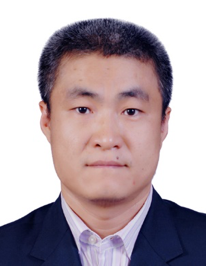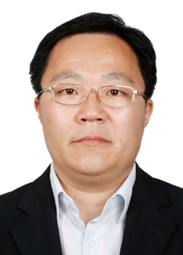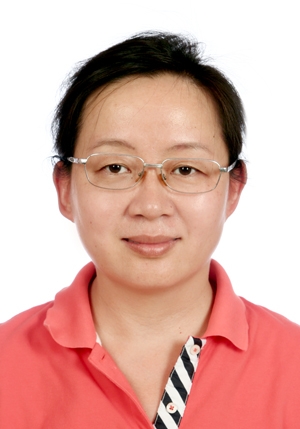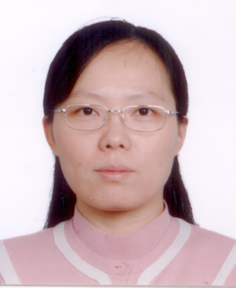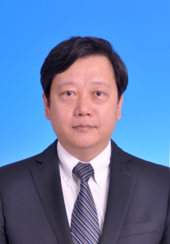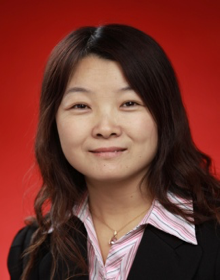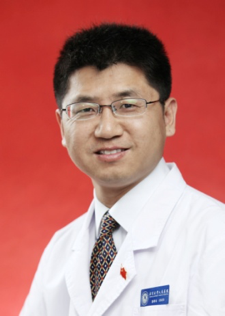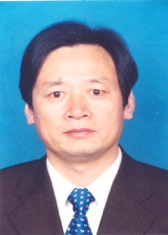Hepatology
Peking University Hepatology Institute
Peking University Hepatology Institute (PUHI), the first institute
for viral hepatitis in China, was established in 1978. We have made
historic contributions to the prevention and treatment of viral
hepatitis in China by developing the firs tHBV vaccine and first
generation of HBV and HCV diagnostic agent. PUHI have received more than
eighty awards, including one 1st prize, three 2nd prizes and one 3rd
Prize National Science and Technology Progress Award from the Ministry
of Science and Technology.
PUHI, now led by professor Lai Wei, grew out of Being Medical
School People’s Hospital Hepatology Institute and, through 40 years of
development, have grew to become a comprehensive institute, including
Research Institute, Department of Hepatology, Department of Infectious
Disease, Clinical Lab and Post-Doctoral Research Center of Peking
University. For our pioneering work in the treatment and study of liver
and infectious diseases, PUHI was awarded the Beijing Key Laboratory of
Hepatitis C and Immunotherapy for Liver Disease, a Clinical Pharmacology
Research centers by the Ministry of Health and SFDA of PRC, and a
National Key Clinical Specialty of Infectious Disease. For the
commitment in clinical laboratory ever since its establishment, the
Clinical Lab of PUHI passed the Laboratory Accreditation Programme held
by CAP (College of American Pathologists) and CNAS (China National
Accreditation Service for Conformity Assessment), and participated in
the China’s national laboratory network for infectious disease.
PUHI ledundertake a large number of National Key S & T Projects
since the "6th Five-Year Plan" of China, and participate in up to six
and seven projects during the “11th and 12th Five-Year Plan”,
respectively. PUHI is committed to advancing research in areas
including: (1) Hepatitis C: molecular virology, prognosis of HCV
infection & optimizing treatment for difficult-to-treat Hepatitis C;
(2) Hepatitis B: Immunology interactions between virus and hepatocytes,
antiviral therapy; (3) Hepatocellular carcinoma: the mechanism of HCC
pathogenesis, metastasis and recurrence, immunotherapy of HCC; (4) Liver
failure- Diagnosis and Mechanism; (5) Fatty liver- epidemiology,
diagnosis and mechanism study. PUHI have also established international
collaborations with colleagues around the world, including University of
Michigan (United States), Drexel university, and Agency for Science,
Technology and Research (A*STAR, Singapore).

